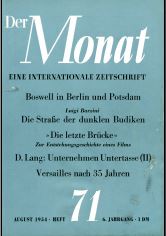
Keywords: Treaty of Versailles; WW1;
More...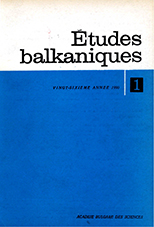
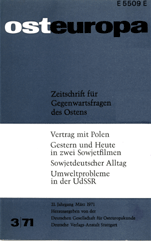
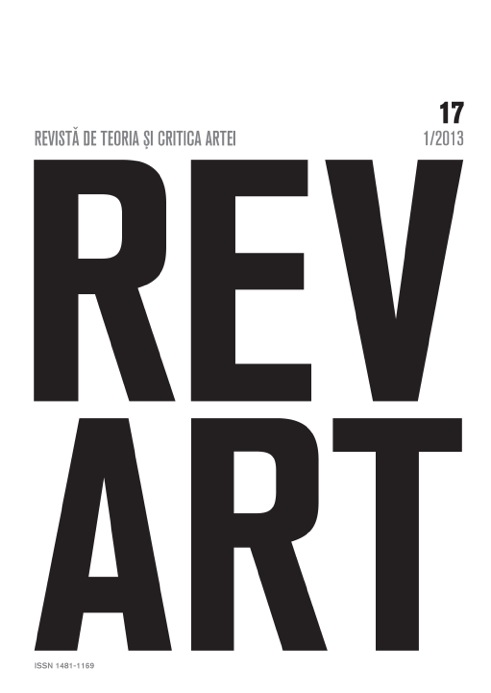
Keywords: stylistic attitude; exploitation of the subhuman; the ugliness aesthetic; re-humanizing art
The article proposes a radiography of both fundamental stylistic attitudes of the arts: Classicism and Mannerism - equivalent to daytime and nighttime regime of the image, for the past five centuries.In the creation plan, the two attitudes sat behind the moments of greatness of humanity art, but in the same time of its collapse and decay. The analysis carried out showed that in the last century the balance between the two fundamental attitudes was overthrown in favor of increased tendency for subhuman exploitation, for derisory, for the marginal and for the human animality in the desire to access the success through the ugly aesthetics, promoted by some postmodernism. Contemporary consequence of the beautiful - ugly imbalance, on the one hand led to the enrichment of the means of expression but also caused confusion in the system of values. A re-humanization of art would restore the balance.
More...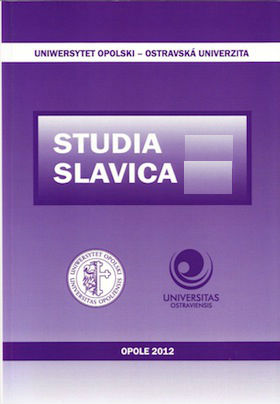
Keywords: Igor Hájek; Josef Škvorecký; exile; autobiographical characteristics; reception; translation
The paper deals with observations from reviews of Skvorecky's works, published in exile by Czech literary critic Igor Hájek, and compares Hájek's view with reflections of other scholars working abroad. It is concerned with sources of inspiration, creation of autobiographical characteristics, issues of censorship and authorial style changes during the transition from the home environment into exile in the novel Mirákl.
More...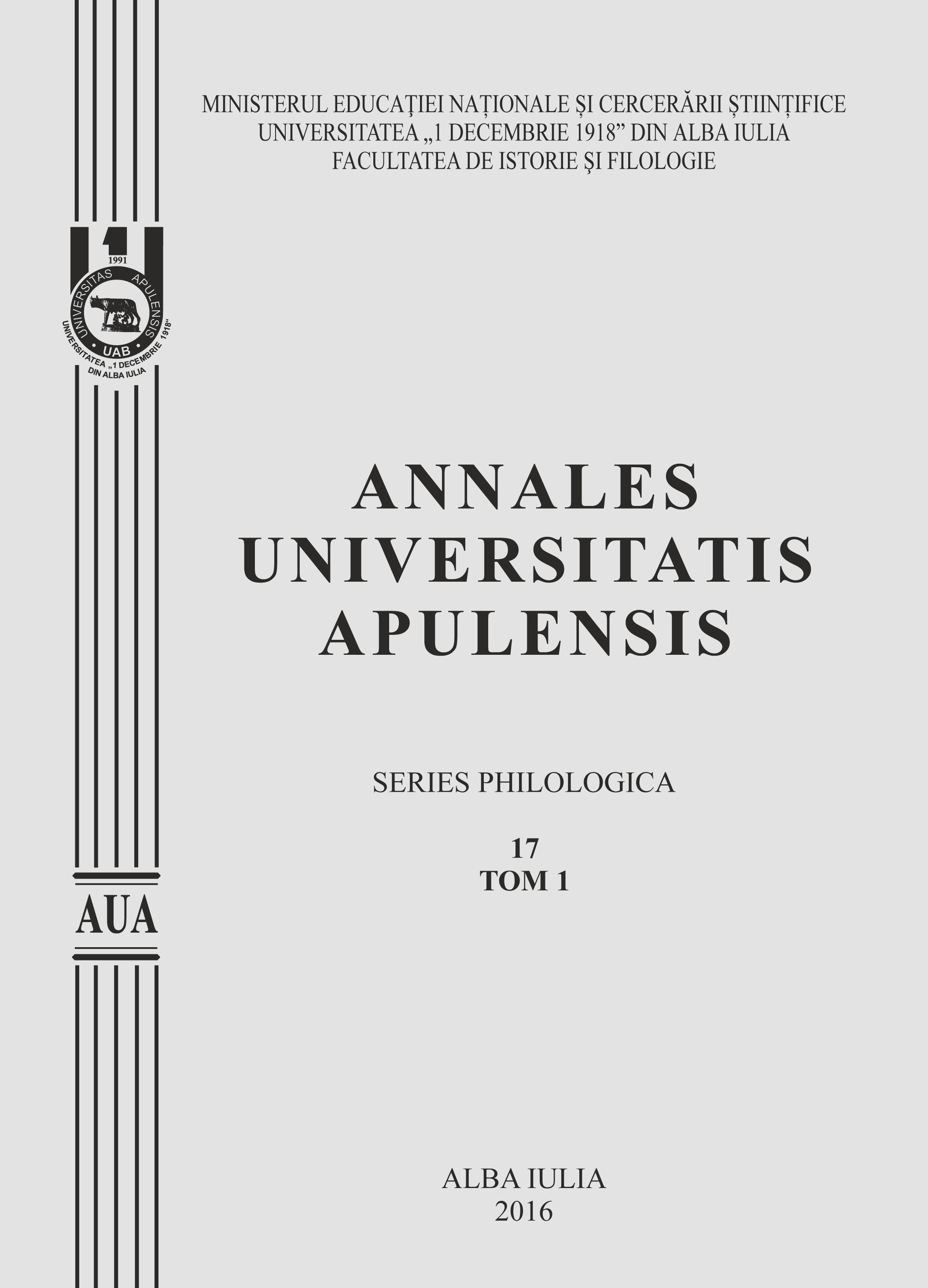
Keywords: Vintilă Horia; novel; history; myth; identity
The implication of history in fiction has multiple motivations. It thus can reconstitute an epoch/ an exemplary destiny/ a major event based on documents serving to understand the past (the historical novel); it can represent a redeeming of identity in the novels of personal memory (testimonial novel, autofiction, novel journal), or a coded historical testimony about a forbidden present (the parable novel). Christine Di Benedetto identifies three possibilities of integrating history in a novel: history as a decorum, the novel based on memory, the refusal of history , a form of escapismo, of non implication, a refusal to be engaged, characterizing the postmodernism. From this perspective, Vintilă Horia’s novels may be classified in the first category, namely history as a decorum. The Romanian writer does not create historical novels, history only represents the background on which the destinies of his characters are projected, as many alter egos meant to underline a thinking based on universality, with its philosophical, aesthetic, religious, scientific spirituality. The novelist acknowledges in his Jurnalul unui ţăran de la Dunăre (Journal of a Danubian peasant) that his novels are “deeply metaphyisical”, history in itself serving as a cover. The author is not interested in chronology, historical times are superposed on the volute of an infinite temporality, the real/invented characters become the instruments leading to an ontological reflection. The Romanian history and myths integrated in his novels are the expression of his cultural identity.
More...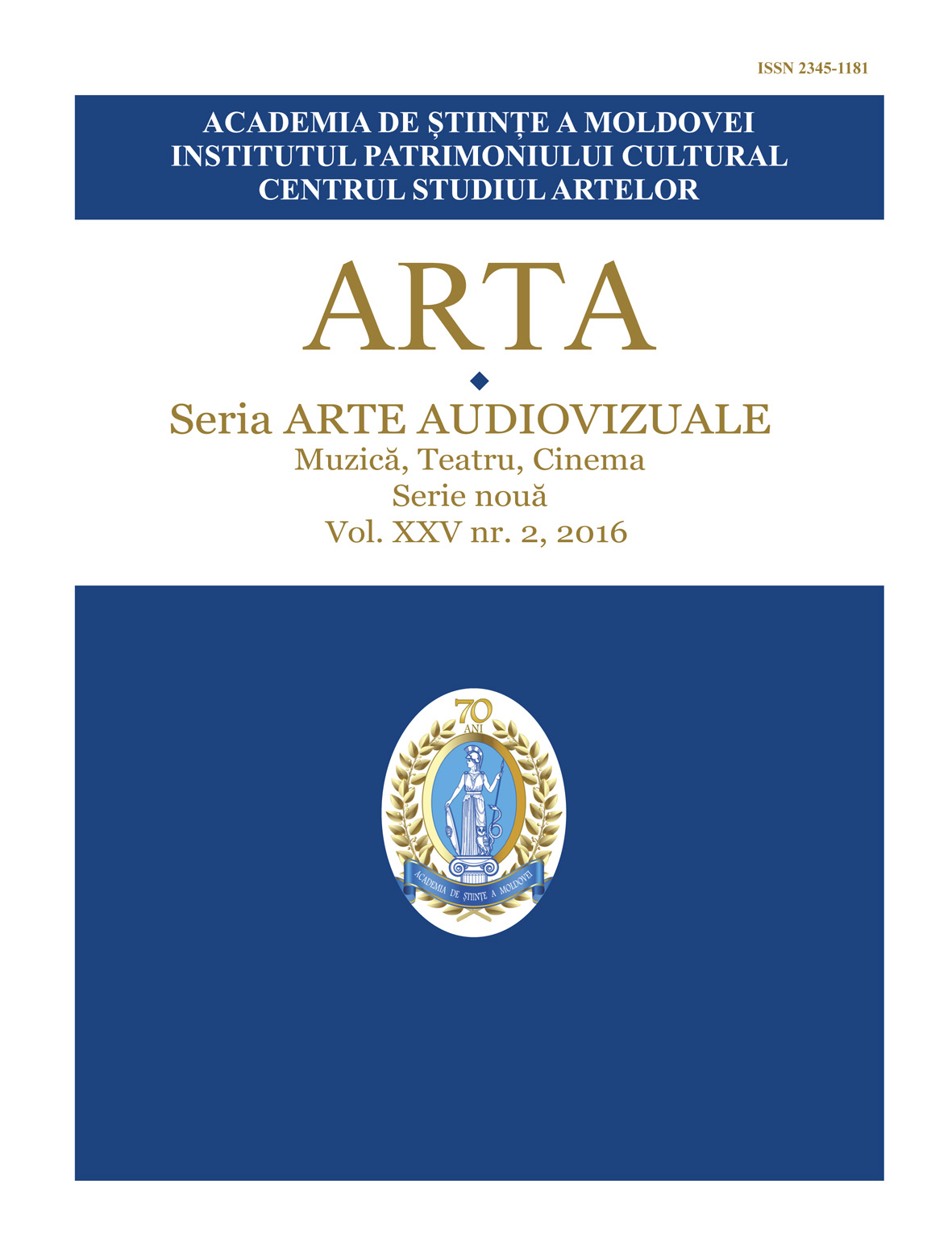
Keywords: book; adaptation; TV series; focus group method; interview guide
The book and the TV… Even the simple juxtaposition of these two symbolic entities has triggered multiple discussions and almost all the critiques and reviews have targeted the small screen: that it favors electronic reading, eliminating the fundamental books from the man’s short lifespan ... It is a big and, probably, unsolvable problem. Perhaps it is time to surpass the purist vision of culture, by approaching the book/TV rapport not as an exclusive relationship – one or the other, but as a form which allows alternatives – one and the other. In our age, when TV and new media have turned the cultural space upside down, literature, as a classical form of art, must diversify its strategies used in reaching the public, audiovisual channels included. The prologue of the study evokes a series of literary-artistic formulas through which the book universe appears in a number of audiovisual versions. What follows is the analysis of the possibilities which allow to capitalize the book in the TV series film. The last section is focused on a problem with many variables: is the TV series film a center of interest for the studious youth?
More...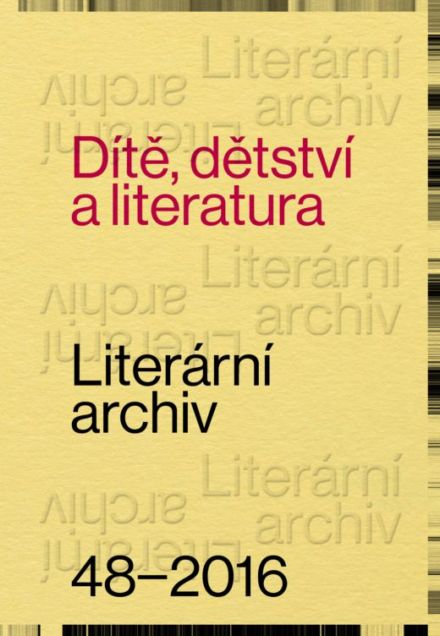
Keywords: Božena Benešová; child hero; Eva magazine
This article discusses the short novel Don Pablo, don Pedro a Věra Lukášová (D.P., D.P., and V.L.), the last and most popular work of the Czech prose writer Božena Benešová (1873–1936). It also discusses the magazine Eva, in which the novel appeared in instalments. Eva, published twice a month from 1928 to 1943, was intended for the educated modern woman, and in interwar Czechoslovakia it advocated a new way of life, the essence of which was positive thinking and activity. Though Benešová was of diferent generation from the people who started up the magazine, her work expressed the same attitude towards life: the need to show courage in adversity and to part ways with the prejudices and conventions of the years before the First World War. On the other hand, the conception of the child hero in Benešová’s work follows on from the pre-1914 discovery of the child as a character in Czech literature, particularly in the works of Růžena Svobodová (1868–1920) and Benešová herself. Unlike the pre-1914 iction, all of which have grim endings, this last story of Benešová’s is optimistic, and in that sense its well with the conception of Eva.
More...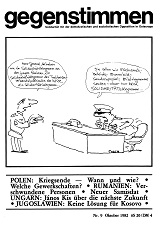
Keywords: martial law in Poland;Solidarność;
For over nine months, all unions in Poland have been suspended. In the workers- and peasants' state, almost daily activists are sentenced to high prison terms for "union ac-tivity." The military regime knows that, as long as the trade union question has not been solved accordingly, it will not open the way to a "normalization" of any provenance. Therefore, a debate is staged that works well as long as society is atomized: but for Po-land, the recipes of the day before yesterday are no longer useful. Zbigniew Jankowski analyzed the ideas of the military regime on the trade union question and the reactions of the underground for the journal "Kontakt" edited by Mirosław Chojecki in Paris.
More...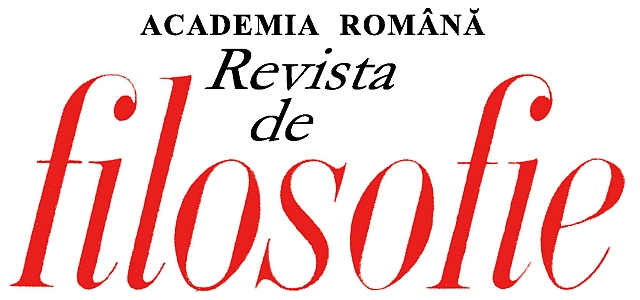
Keywords: philosophy; philosopher; philosophizing; philosopheme
On November 3rd (ever since 2002) at least 80 countries worldwide have been celebrating Philosophy and, colaterally, the Philosopher. On this very special occasion one ought to consider the lexical status of these two terms
More...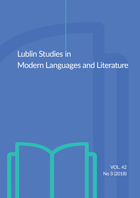
Keywords: Conrad Detrez; Ludo; self-fiction; flood;
Conrad Detrez is undoubtedly one of Belgium’s most important writers of the 70s of the 20th century. After having translated Brazilian revolutionary authors, he resumed the review of his provincial past, named «hallucinating autobiography». His first autofictional novel Ludo (1974) bring to life his first Belgian years in his native land where the inundation invades everything, the incessant rain causes floods and the river enters the houses. With excellent wit, Detrez’s scalpel-pen dissects characters and situations through which such topics as friendship, everyday marginal life and panic of people during the Second World War. Through self-fiction, Detrez´s novel present the author and narrator’s obsessions.
More...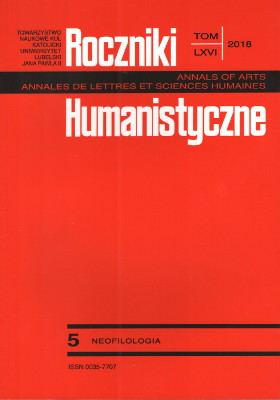
Keywords: myth; Prometheus; intertextuality
The aim of this article is to analyze the play by Matéi Visniec Hécatombéon, a contemporary variation on the myth of Prometheus, in comparison with Aeschylus’ drama Prometheus Bound, allowing us to observe an interesting dialogue that is developed between the hypotext and the hypertext. Applying the terminology of G. Genette, the analysis seeks to observe how different kinds of transformations present in the hypertext are made, and then to consider a new possible reading of the old text.
More...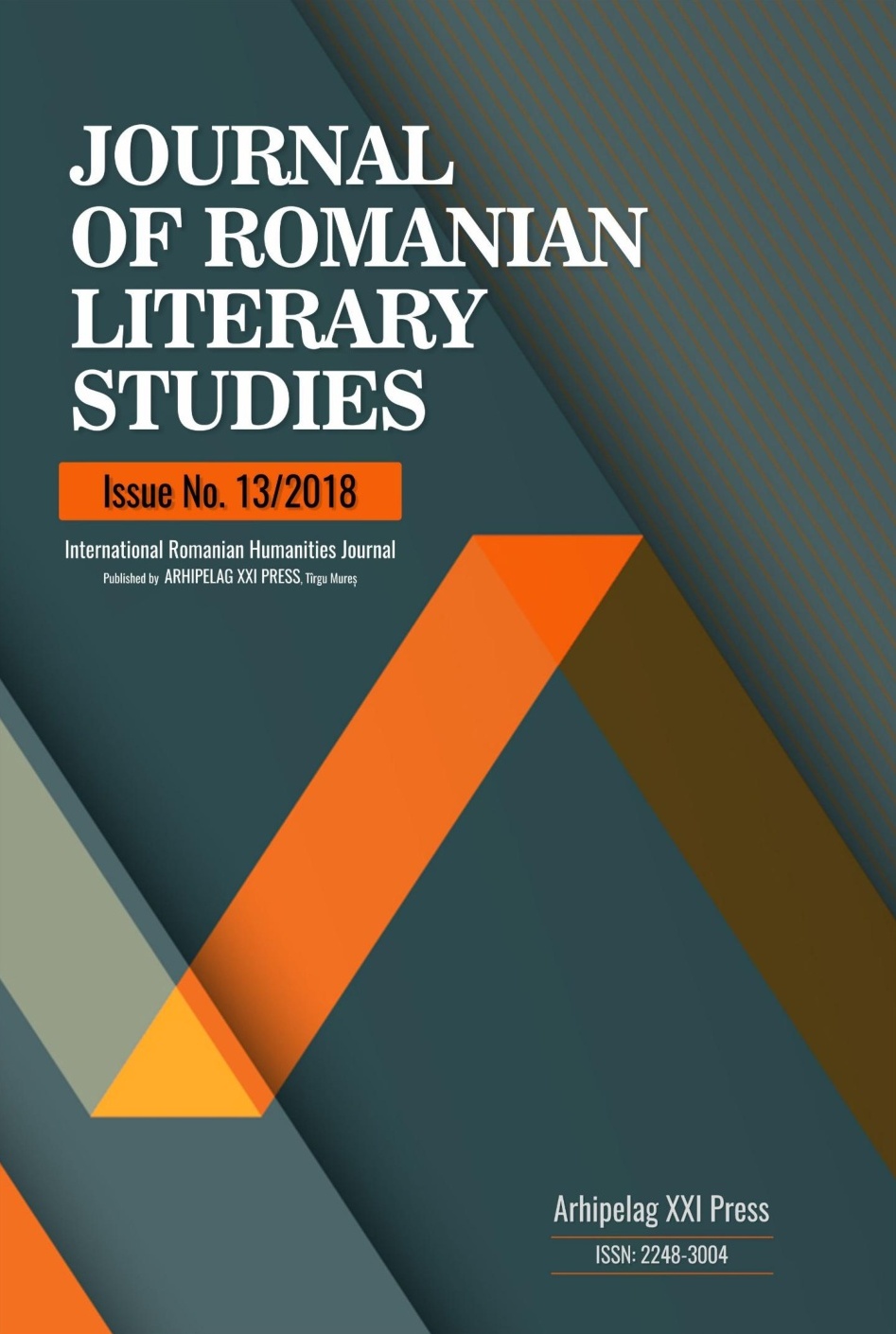
Keywords: Wajdi Mouawad; Denis Villeneuve; Incendies; tragedy; theatre; movie;
This analysis aims to define the conversion of Wajdi Mouawadřs play, Incendies, into the homonym movie of Denis Villeneuve, applying a decryption procedure based on the tragic as seen on the rank of modernity. We will analyse the transfer of textual elements starting from the play towards the movie implementation, keeping in mind, especially the elements that belong to the tragic registry and that place both the text and the movie inside the context of the origin-searching myth, of an identity myth that encountered by the twins on their way to finding the truth. Refreshing the ancient myths was a constant activity of the Canadian playwright, and as a matter of fact, the play Incendies belongs to a tetralogy that exposes four different discourses based on the initiatory journey of some characters whose identity construction is progressively revealed, as they find the secret of their origin. We stand in front of a dramaturgy of the word, of a position taking of the character that is placed on the stage after consuming the event and that evokes the story.
More...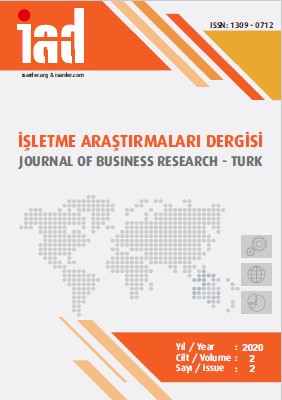
Keywords: Generations; Motivation Tools; Career Anchors;
Purpose – The purpose of this study is to determine whether the X, Y and Z generations living in Istanbul show a significant difference in terms of motivation tools and career anchors and for their sub dimensions. Design/methodology/approach – In the research, firstly, a literature summary is presented, and then information about the model and the method to be used is given. In the research, the career anchor scale was developed by Edgar Schein and motivation tools scale was developed by Katı ve Düşükcan was used. In the study, data was collected from 315 teachers, students and public relations staff, who have job experience. Findings – There were significant differences between the "Y-X" and "Y-Z" generations in terms of motivational tools, For economic motivation tools significant difference was detected between "Y-Z" generations.
More...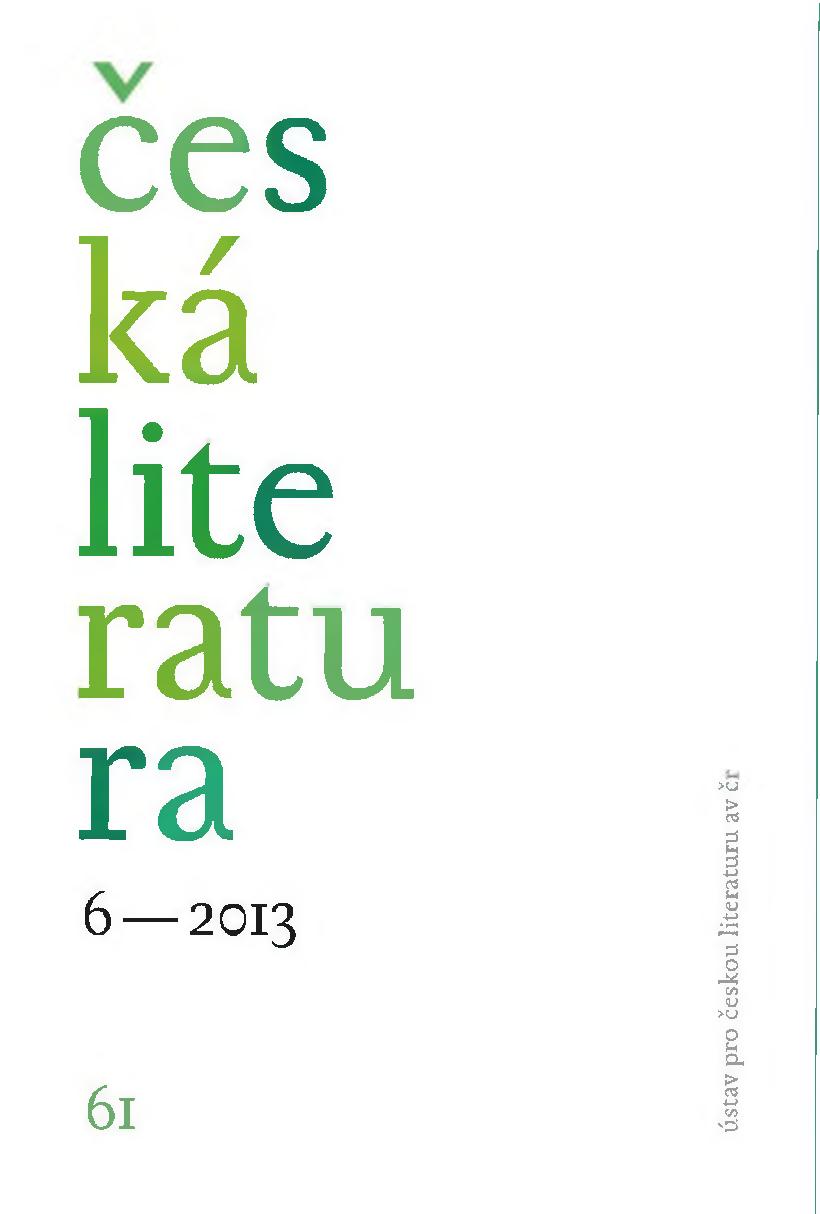
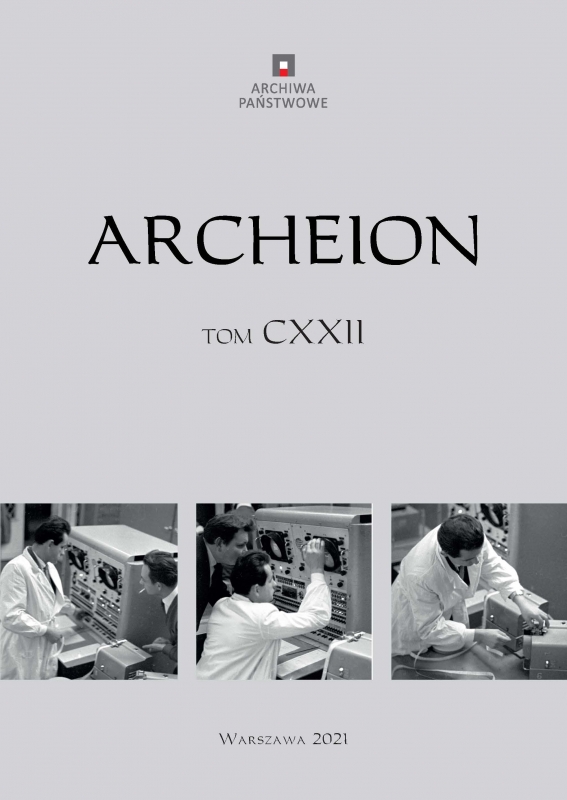
Keywords: the Baltic Sea; Eastern Pomerania; Gdańsk; long-distance trade; financial turnover; economic institutions; economic culture; merchant mentality; economic zone; economic historiography;
The article discusses long-term research made by a Polish outstanding historian Henryk Samsonowicz (1930–2021) on the Baltic economic zone. The publication is divided into three parts. The first part presents the historiographical tradition in which Samsonowicz’s research was embedded, as well as the research background that was contemporary with him. The second part features a chronological description of the historian’s findings, with a particular focus on the subject matter undertaken by Sam- sonowicz as well as the intensity of the research and its place in the broad spectrum of his interests. It has been established that the research on the economy of the Baltic zone in the period from the thirteenth to the sixteenth centuries was an important area of Samsonowicz’s output. Samsonowicz conducted his research on the issue from the mid-1950s to the 2010s, although his interests greatly expanded from the late 1960s and early 1970s. He particularly focused on the issues of long-distance trade, financial turnover, institutions and the socio-cultural context of economic life in the Baltic Sea basin. The third part of the article presents Samsonowicz’s theoretical and historical reflections on the theory of large economic zones, including the Baltic region, which he shared with Antoni Mączak. It provides an analysis of the findings on the changing composition and boundaries of the Baltic zone, and a comparison of Samsonowicz’s theory with Marian Małowist’s concept of dividing the economic space of Central and Eastern Europe. The article highlights Samsonowicz’s ability to combine the analysis of details and his synthetic approach to the issues under study, not only with regard to the Baltic Sea region, but entire Europe north of the Alps.
More...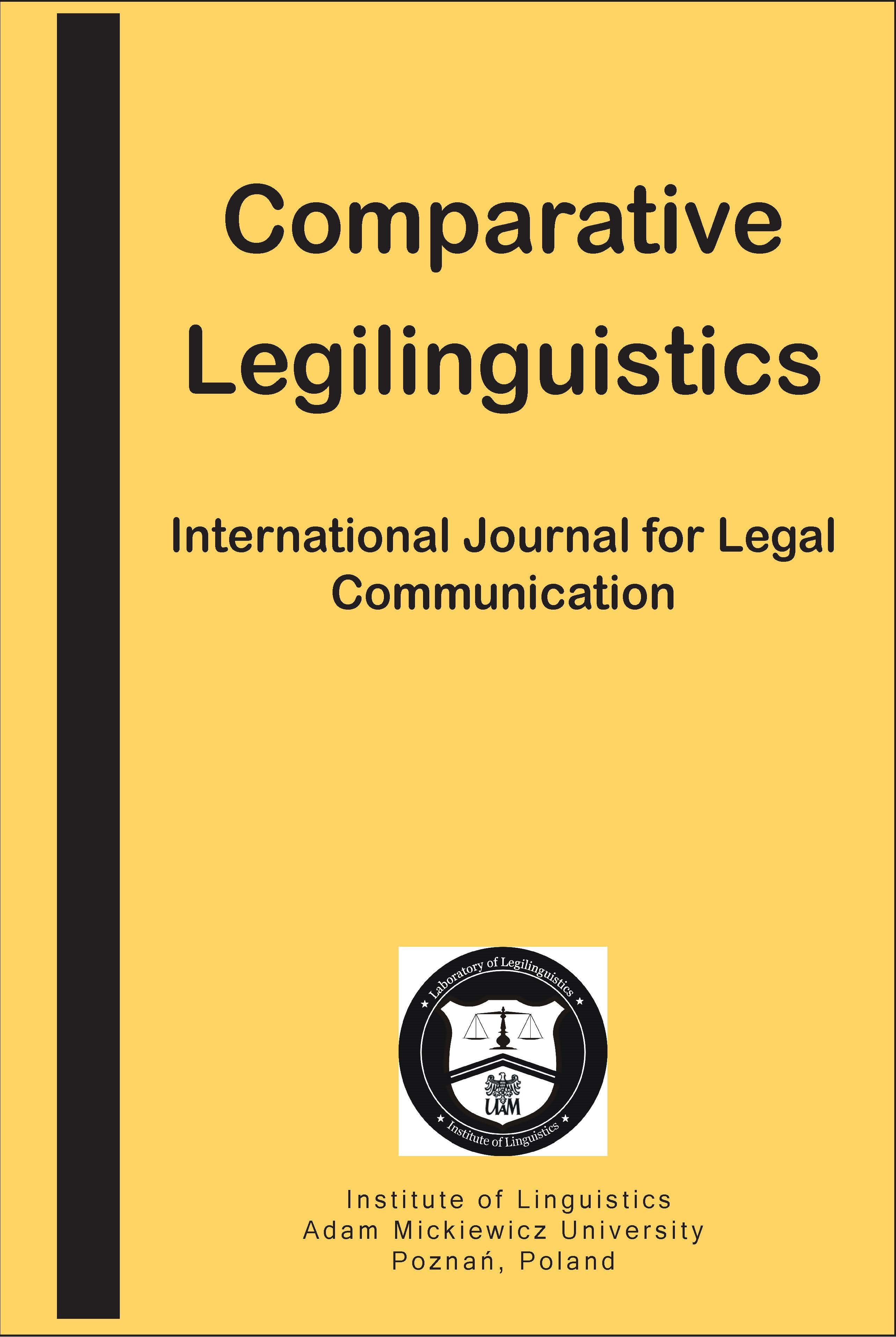
Keywords: legal translation; legal phraseology; German legal language; lawsuits; monograph; linguistic comparison;
The article attempts to provide a comprehensive assessment of the new monograph by Paweł Bielawski. For this purpose, the paper has been divided into four parts. The first part provides an introduction. The second part presents the theoretical basis, which the author of the monograph demonstrated in individual chapters. The third chapter assesses the monograph in terms of structure, editorial aspects and the compilation of literature. Finally, the last part is devoted to the possible addressees of the monograph and its advantages with regard to them.
More...